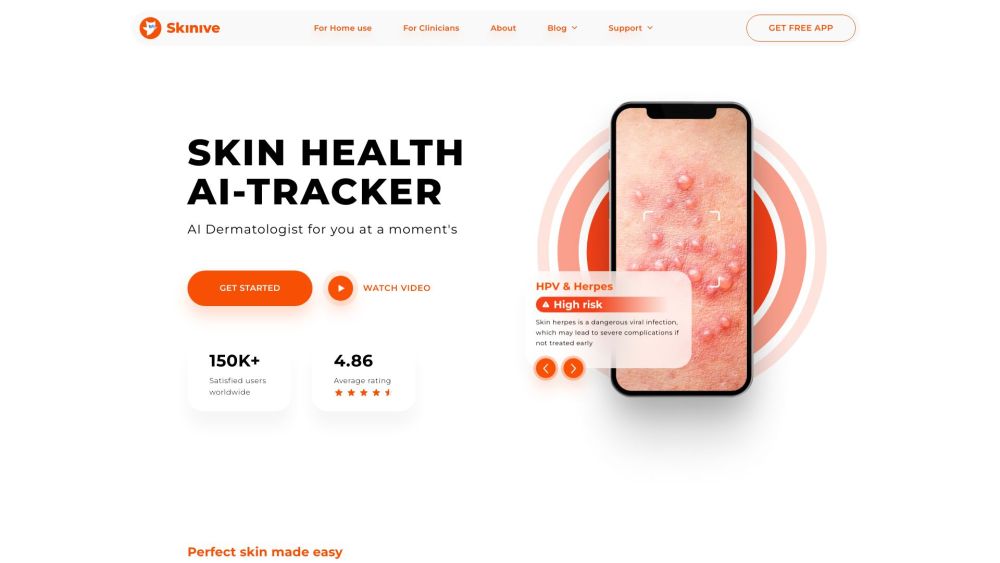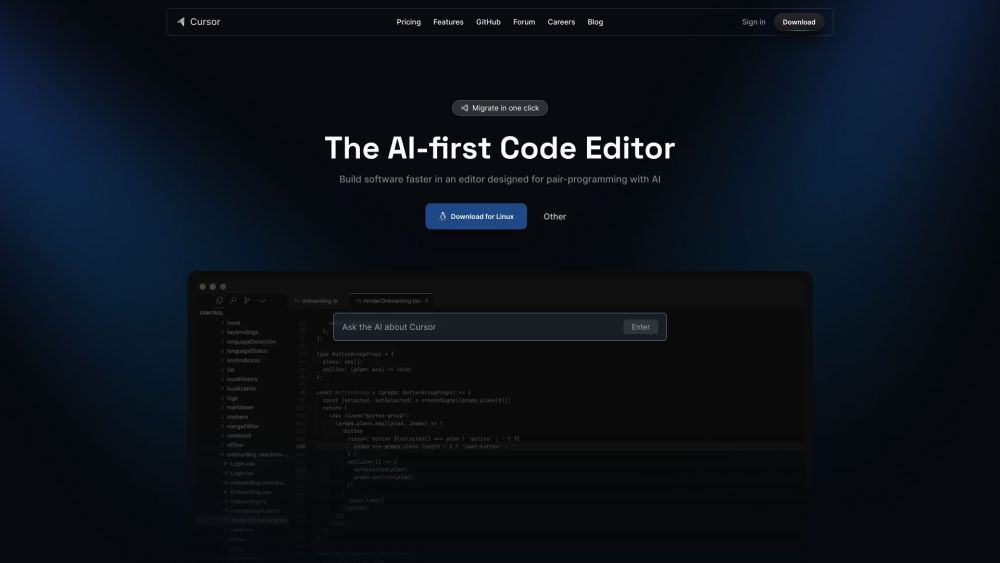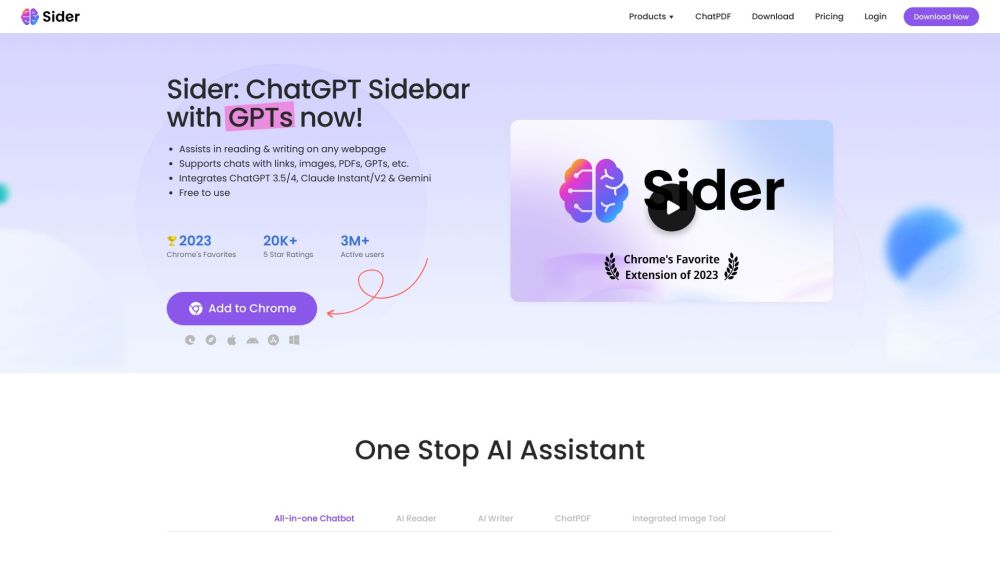Clearview AI is set to receive formal recognition for its controversial facial recognition technology. Politico reports that the company has received a "notice of allowance" from the US Patent and Trademark Office (USPTO), indicating that officials are poised to approve its patent application for a system that scans faces across public internet data. This allows the identification of individuals from government lists and security footage, pending the payment of administrative fees.
In an interview with Politico, Clearview founder Hoan Ton-That emphasized that this represents the first facial recognition patent leveraging "large-scale internet data." The company markets its technology to government entities, including law enforcement agencies, to expedite searches.
Concerns are mounting that the USPTO's move may effectively endorse Clearview's practices, despite widespread objections to the ethics of its technology. Critics argue that Clearview is constructing vast image databases without users' consent, violating data protection laws in several countries, including Australia and the UK. There are serious apprehensions that the technology could be misused to suppress political dissent or for personal stalking. Furthermore, there are ongoing discussions about potential biases related to gender and race inherent in facial recognition technology.
Ton-That asserts that Clearview has no intention to sell its services outside of government clients and emphasizes the importance of developing unbiased systems. Nevertheless, the language of the patent suggests a potential for non-government applications, such as investigating personal or business relationships. While Clearview intends to operate within ethical boundaries, it acknowledges the risks associated with the misuse of its technology.




